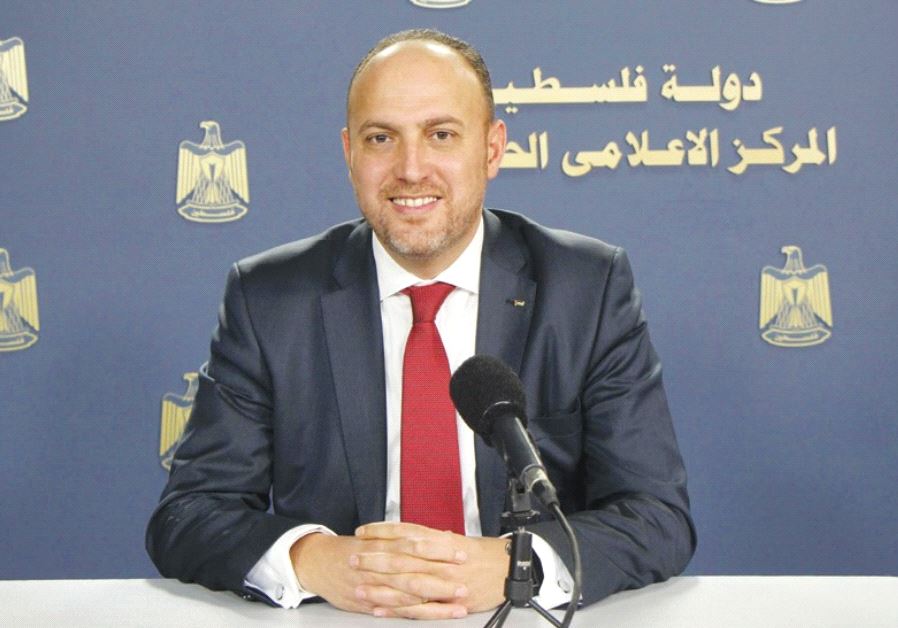Palestinian envoy Zumlot: American public, not Trump, key to the future
The Palestinian Authority and U.S. administration are circumventing each other by conveying
their messages directly to opposite publics
 (photo credit: Wikimedia Commons)ByDIMA ABUMARIA/ THE MEDIA LINE
(photo credit: Wikimedia Commons)ByDIMA ABUMARIA/ THE MEDIA LINE